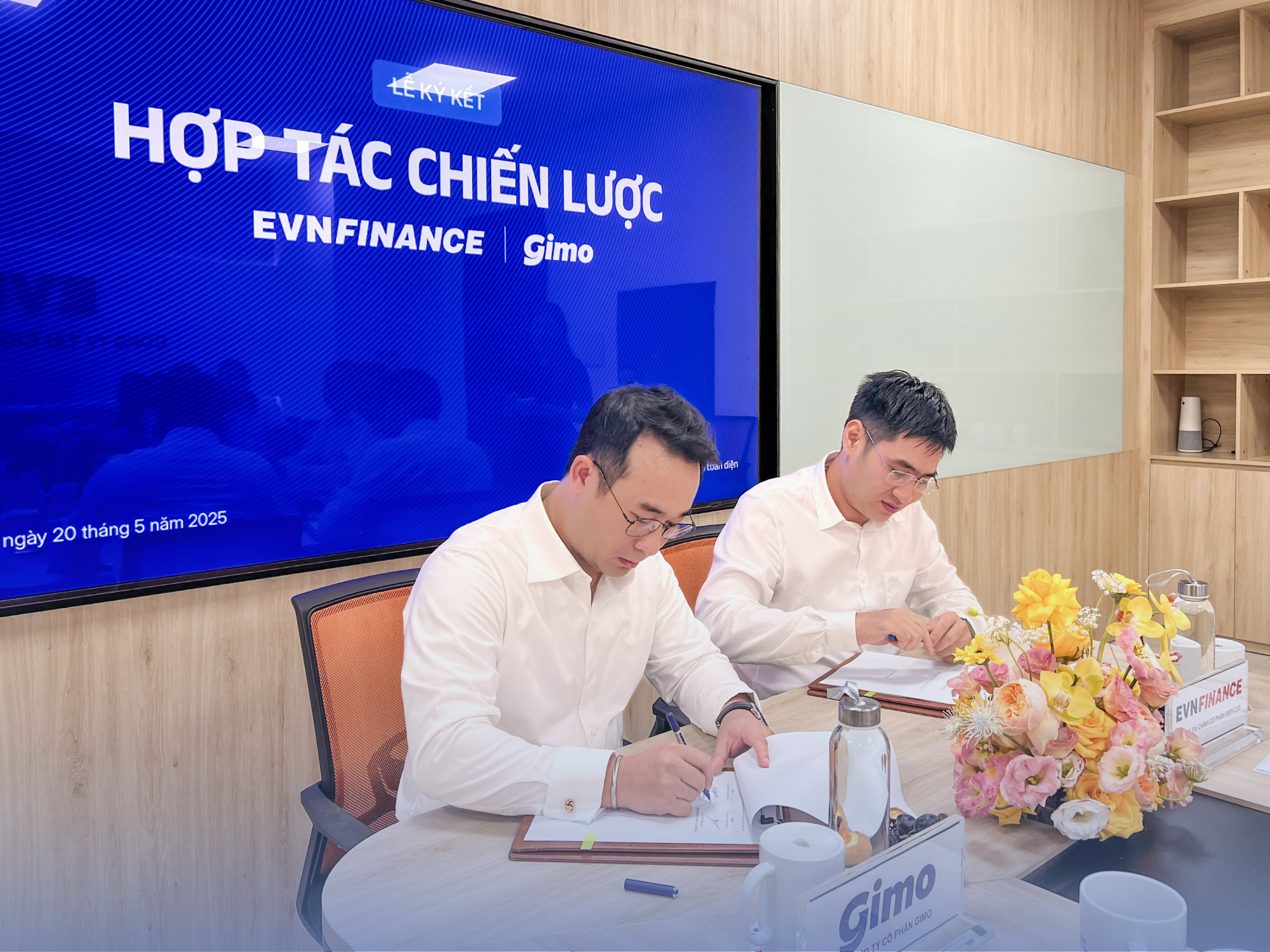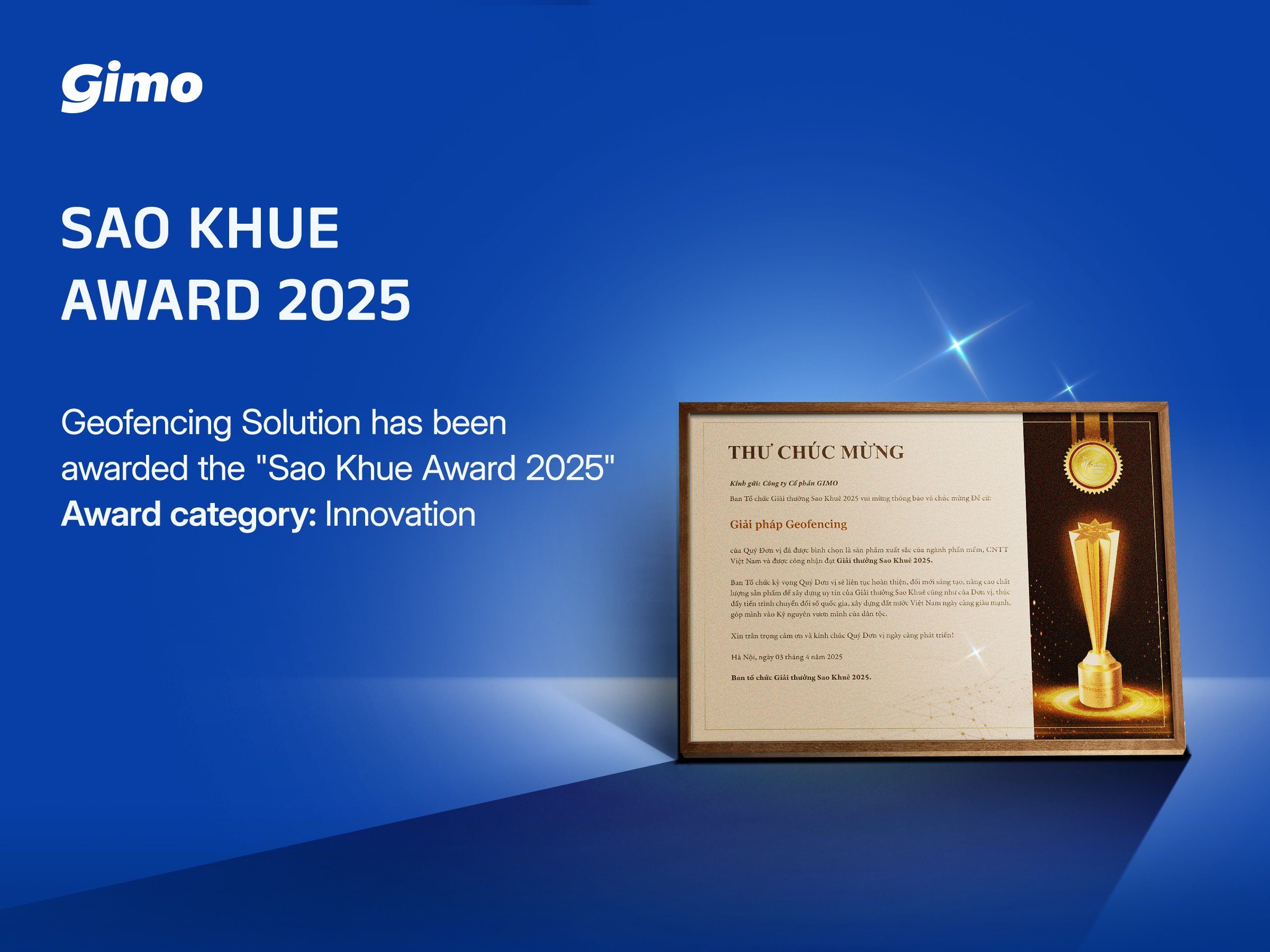
When “Flexible Payroll” Is No Longer Experimental
Just 3 to 5 years ago, Earned Wage Access (EWA) was regarded in Vietnam as a novel, even controversial idea. Many companies and workers viewed it as a short-term experiment rather than a sustainable solution. At that time, EWA was primarily considered a fringe benefit for a small segment of workers.
Today, EWA has moved well beyond early adoption phases. It has been incorporated into the employee benefits packages of both large corporations and SMEs across various sectors such as manufacturing, logistics, and service industries. This transformation raises the question: What has driven this shift? And what evidence confirms EWA’s value in practice?
From Emergency Aid to Strategic Workforce Retention
Initially, EWA was deployed as a financial lifeline for low-income workers facing unexpected expenses. It aimed to help employees avoid predatory credit by providing early access to wages they had already earned. This urgent use case was particularly relevant in sectors where pay cycles traditionally lagged behind workers’ cash flow needs.
After several years, the role of EWA has evolved considerably. It is now recognized as a critical tool for boosting employee engagement and reducing turnover. At Gimo, our partnership with enterprises implementing EWA programs has documented improvement in job satisfaction and productivity metrics.
This growing recognition has prompted a paradigm shift among employers — from viewing EWA as a “nice-to-have” welfare option to integrating it as a strategic component in workforce financial management. Moreover, companies are aligning EWA programs with their broader ESG, DEI, and corporate social responsibility goals, acknowledging how supporting employee financial wellness contributes to more inclusive and resilient organizational cultures.
Three Key Drivers Behind EWA’s Mainstream Adoption in Vietnam
- Rising Cost of Living and Personal Financial Strain
Data from Nielsen Vietnam (2023) highlights a yearly increase of 10-15% in living costs in urban centers, pushing many workers to live paycheck-to-paycheck. The rigid 30-day pay cycle model leaves employees financially vulnerable, creating demand for more flexible income access solutions.
- Post-COVID Shifts in Employee Expectations
The pandemic amplified awareness about the links between financial health, mental well-being, and work performance. Employees increasingly expect empowerment — not only in their roles but also in their financial lives. EWA meets this demand by offering greater control and reducing financial stress.
- Intensifying Competition for Blue-Collar Talent
In a tight labor market, companies must differentiate themselves to attract and retain frontline workers. EWA has emerged as a competitive advantage in benefits packages, particularly in sectors with high turnover rates like manufacturing and logistics.
Best Practices and Lessons Learned in EWA Implementation
From Gimo’s own experience deploying EWA across multiple sectors in Vietnam, several critical lessons have emerged — each highlighting the practical challenges companies face and illustrating how careful design and coordination can overcome them.
A fundamental challenge lies in ensuring accurate and verified attendance data. Without reliable real-time tracking, there is a risk of premature or incorrect wage disbursement, which can undermine trust and financial control. To address this, Gimo leverages technologies such as Geofencing combined with a self check-in option for workers, creating a robust verification process that guarantees only legitimately earned wages are accessible. This precision maintains financial discipline and assures both employers and employees of the system’s integrity.
Another frequent obstacle is the user experience. Many frontline workers have limited familiarity with digital tools, and complex interfaces risk low adoption or misuse. Recognizing this, Gimo prioritizes intuitive, accessible app designs that minimize friction. The platform’s simplicity and clear guidance are tailored to diverse user profiles, ensuring workers across skill levels can easily understand and utilize EWA services. This focus on user-centric design directly drives higher engagement and satisfaction.
A third lesson concerns the importance of close collaboration among the three key stakeholders: Gimo as the service provider, the client enterprise, and the workforce. Misaligned expectations or communication gaps often erode confidence and delay issue resolution. Gimo addresses this by acting as the central bridge, facilitating transparent coordination through detailed onboarding, regular feedback mechanisms, and dedicated client management teams. This tri-party partnership ensures everyone moves in sync, enabling seamless deployment and rapid adaptation to evolving needs.
In deployment, common misconceptions present another hurdle — such as the inaccurate belief that EWA encourages irresponsible spending or that it only benefits low-skilled labor. To dispel these myths, Gimo integrates continuous education and communication into its programs. Through targeted awareness sessions for both employees and management, the messaging clarifies EWA’s role as a pragmatic tool for cash flow management that serves employees across all job levels, fostering widespread acceptance.
Ultimately, the ability to internalize these lessons and respond with holistic solutions characterizes Gimo’s approach. By combining technological rigor, user-focused design, and proactive stakeholder management, Gimo consistently transforms EWA from a tentative experiment into a strategic, trusted workforce benefit — empowering Vietnamese businesses to build stable, motivated, and financially secure teams.
The Future of EWA: From Financial Product to Strategic Workforce Infrastructure
Looking ahead, Earned Wage Access is set to expand beyond basic wage advances into an integrated financial benefits platform encompassing micro-savings, health insurance, and expense management. This broader framework will be instrumental in strengthening talent retention and mitigating costly employee turnover.
Gimo remains committed to partnering with employers and employees alike to deliver innovative EWA solutions that reinforce Vietnam’s dynamic labour market.
Vietnam’s Pay Revolution: Earned Wage Access Is Changing How Millions Get Paid
22 Jul, 2025
Blog
When “Flexible Payroll” Is No Longer Experimental Just 3 to 5 years ago, Earned Wage Access (EWA) was regarded in Vietnam as a novel, even controversial idea. Many companies and workers viewed it as a short-term experiment rather than a sustainable solution. At that time, EWA was primarily considered a fringe benefit for a small […]
Gimo and EVNFinance Partner to Expand Access to Financial Benefits for Underserved Workers
22 May, 2025
Blog
Gimo on 20 May 2025 inked a strategic partnership with EVNFinance to co-deploy accessible, flexible and responsible financial benefits for underserved workers nationwide. At the official signing ceremony held in Hanoi, Gimo’s Founder and CEO Nguyen Anh Quan joined Mai Danh Hien, CEO and Board Member of EVNFinance, alongside senior executives and project leaders […]
Geofencing Honored at Sao Khue Awards 2025: Innovation Driven by User-Centricity
22 Apr, 2025
Giải thưởng
Geofencing Honored at Sao Khue Awards 2025: Innovation Driven by User-Centricity April 19 – The Geofencing solution has officially been recognized at the 2025 Sao Khue Awards in the Innovation category, marking a major milestone in the application of location-based technology to optimize operations and strengthen user engagement in the digital era. Surpassing numerous outstanding […]
Stay in the know







